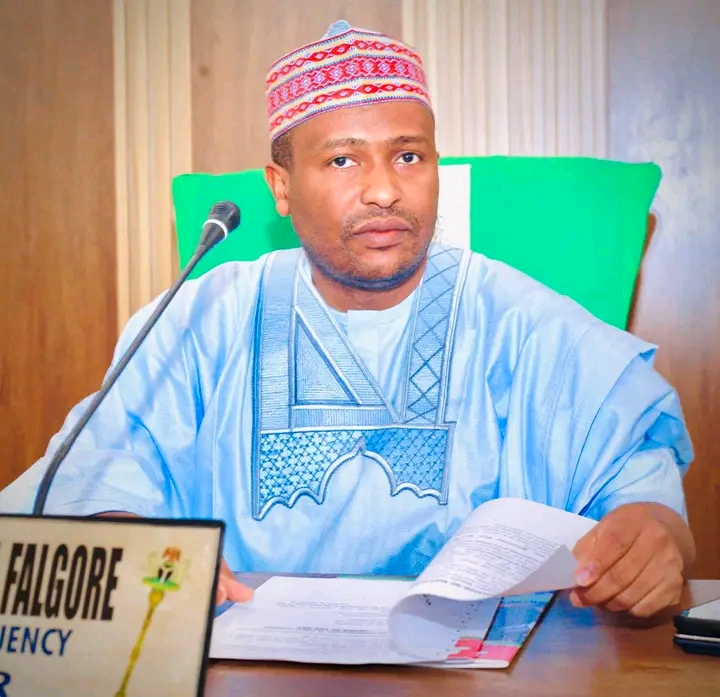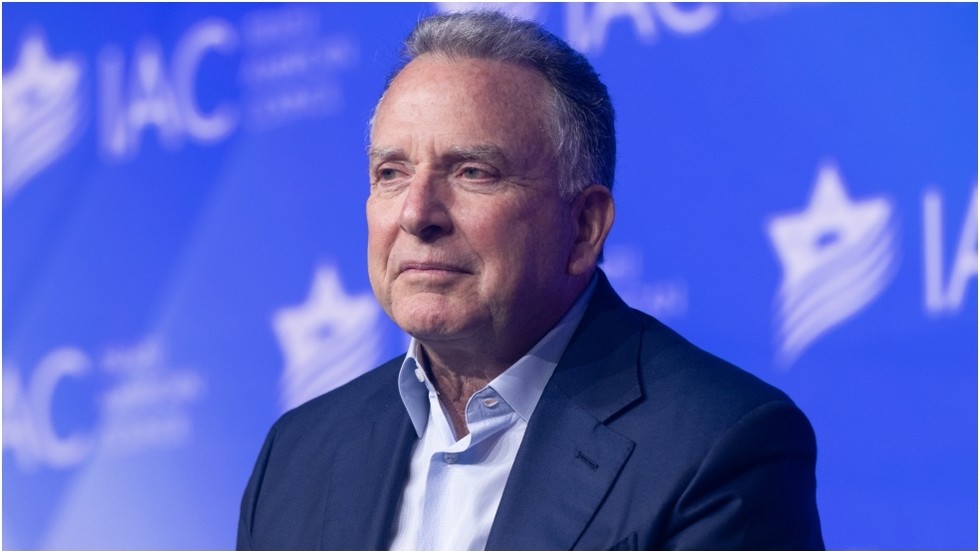In a disheartening revelation, Nigeria has been ranked as the 16th worst country in the world for women, according to the recently launched 2023 Women, Peace, and Security (WPS) Index report. This comprehensive report assesses 177 nations based on 13 indicators, including education, employment, laws, and organized violence, which are classified under three dimensions: inclusion, justice, and security.
While Denmark, Switzerland, Sweden, Finland, and Iceland claim the top five spots as the best countries to live as a woman, Afghanistan, Yemen, the Central African Republic, the Democratic Republic of the Congo, and South Sudan rank as the five worst countries on the index.
The Georgetown Institute for Women, Peace, and Security (GIWPS) and the Peace Research Institute Oslo (PRIO) jointly published this eye-opening index, shedding light on the current state of women in Nigeria and around the world.
On political violence targeting women, Nigeria ranked a concerning 162 out of 177 countries in the 2023 index, reflecting a significant decline from its 130th position in the previous 2021/22 edition. The report reveals that Nigeria is one of the five countries with the highest number of Political Violence Targeting Women (PVTW) events in 2022. Other countries sharing this unfortunate distinction are Mexico, Brazil, the Democratic Republic of the Congo, and Myanmar.
Nigeria witnessed a staggering 194 PVTW events, with anonymous armed groups and identity militias, such as the Zamfara and Katsina communal militias, being responsible for more than 25 percent of these incidents. Rebel groups, including Boko Haram, seeking to overthrow the government, contributed to nine percent of the PVTW events in the country.
Worryingly, women’s representation in Nigeria’s National Assembly experienced a drastic decline of 19 percent in 2023. This decline is largely attributed to the growing political violence against women in the country, which has impeded women’s ability to participate in politics.
The report also highlights maternal mortality as a significant metric of justice for women, capturing the quality of healthcare systems and the level of gender discrimination. Sub-Saharan Africa, particularly the fragile states group, has the highest average maternal mortality ratio, with Nigeria ranking among the top five countries with the highest ratios. Factors such as child marriage, limited access to contraception, and reproductive health education contribute to these high ratios. Adolescent fertility rates of 100 births per 1,000 girls further exacerbate the risks faced by young girls, who have less agency over healthcare decision-making.
To compound Nigeria’s challenges, the index reveals that women’s financial inclusion stands at a mere 35 percent, while the employment rate lags at 58.9 percent. While globally, women’s financial inclusion has been on the rise, with a 15 percent increase from 2014 to 2021, Nigeria still struggles to provide women with equal access to financial services. This lack of financial inclusion limits women’s ability to make independent decisions about their livelihoods, access critical resources, and escape abusive relationships.
The security dimension of the index focuses on the risks women face at the household, community, and societal levels. It serves as a reminder that the well-being of women is intricately linked to the overall well-being of nations.
In light of these findings, Melanne Verveer, the Executive Director of the GIWPS, emphasizes the importance of investing in gender equality as a means to foster peace, security, and prosperity. She stresses that women are increasingly thrust onto the frontlines of deadly conflicts while facing a rising tide of authoritarianism aimed at stifling their progress. The WPS Index stands as a powerful reminder that empowering women directly contributes to the well-being of societies.
It is imperative that Nigeria takes these revelations seriously and takes concrete steps to address the systemic issues highlighted in the report. By promoting women’s inclusion, ensuring their safety, and improving their access to education, healthcare, and financial services, Nigeria can work towards creating a more equitable and prosperous society for all its citizens.



